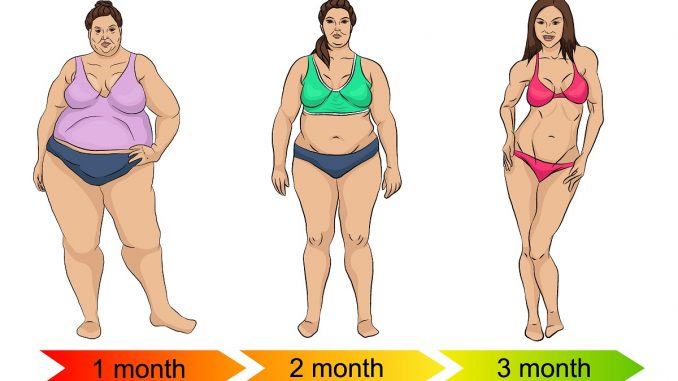
When you have decided to have weight loss surgery, you may be excited about the prospect of losing a significant portion of your body weight. Most weight-loss surgeries are successful, but their continuing effectiveness depends on your ability to adhere to a new diet plan.
Dr. Carlos A. Barba, a well-known bariatric surgeon, explains the dietary and lifestyle changes you need to make before and after your surgery to maximize your chances of weight loss success.
Before the Surgery
Before you have weight loss surgery, you will meet with a registered dietitian specializing in weight loss patients. The dietitian will help you draw up a healthier eating plan, which may be supervised. You will be eating approximately 1,200 to 1,800 calories per day. The goal is to lose 5 to 10 percent of your current weight before you have the surgery.
Your dietitian will work with you to create a meal plan that fits into your lifestyle. The goal is not to deprive you of food but to reshape your diet to promote good health.
Patients who are awaiting weight loss surgery are encouraged to eat smaller portions at regular intervals throughout the day. They are encouraged to eat three meals with two or three snacks, spaced throughout the day to avoid blood-sugar spikes and extreme hunger.
Patients are encouraged to practice mindful eating. With mindful eating, patients are helped slow down and appreciate their food, taking in all of the sensory input that the food inspires. Too many people wolf down their food and don’t take the time to savor it. Eating slowly will be a good habit to practice after weight loss surgery as well.
Post-Surgical Changes
Directly after the surgery, you will be eating a purely liquid diet. You will be encouraged to drink beverages with a great deal of protein, like nutrition shakes. Protein will help you stay satisfied while allowing your stomach to recover from major surgery.
Your diet will gradually return to normal foods as your doctor and dietitian dictate. However, you will be severely restricted in the amount of food you can eat in one sitting. The surgery will restrict your stomach size, so you will need to eat small, balanced meals regularly.
For the first two months after surgery, you will be consuming only 300 to 600 calories per day, focusing on liquids. Your daily caloric intake needs to stay below 1,000 calories.
A sample plan for a post-surgical diet is as follows:
-Breakfast: Low-fat, no added sugar yogurt
-Protein Snack: Special protein shake intended for bariatric patients
-Lunch: Lettuce wrap with deli turkey, low-fat cheese, and vegetables
-Protein Snack: 1 hard-boiled egg
-Dinner: Tilapia and cauliflower rice
How to Keep the Weight Off
Most patients are careful to follow their surgeon’s recommendations for about a year after surgery. However, after 12 to 18 months, many patients begin to backslide.
Weight loss surgery is not a cure-all for obesity. If you are not careful with your diet and exercise habits after surgery, you may regain the weight you have lost. Here are five tips from Dr. Carlos A. Barba on keeping the weight off:
1. Bring Food Home
If you eat in a restaurant, make sure that you only eat your prescribed portion of food. You should have most of your food packed in a to-go box to take home with you. Order foods that match your diet plan, and do not use a restaurant as an excuse to try something that you would have had before surgery without thinking about the consequences.
2. Watch Your Metabolism
One of the aspects of weight loss surgery that many people miss is that your metabolism drops dramatically as you lose weight. You cannot eat the same types of food at 150 pounds as you did at 300 pounds, or you will gain weight.
3. Avoid Fast Food
Fast food has an extremely high concentration of fat and calories in relatively small portion size. Since the food is so calorie-dense, it can trick you into thinking you are eating fewer calories.
4. Avoid Binge Eating
After your surgery, your stomach pouch may become stretched for a variety of reasons. Some patients take advantage of this by binge eating. Binge eating is associated with a much higher risk of weight gain after surgery.
5. Consult Your Bariatric Team if You Gain Weight
Don’t be ashamed or embarrassed if you regain weight after your surgery. Your bariatric surgery team will have helpful information on why this is happening and how you can turn the situation around.
Succeeding With Weight Loss Surgery
If you follow these simple guidelines, you should be able to keep the weight off long-term. Having a close working relationship with your weight loss surgery team will help you stay on track and fix any problems that may occur.
Dr. Carlos A. Barba wants patients to understand that obesity is a multifaceted condition that makes your body predisposed to gain weight. You do not need to be ashamed of gaining weight. You only need to change your behaviors and your attitude toward your diet after surgery.

Be the first to comment